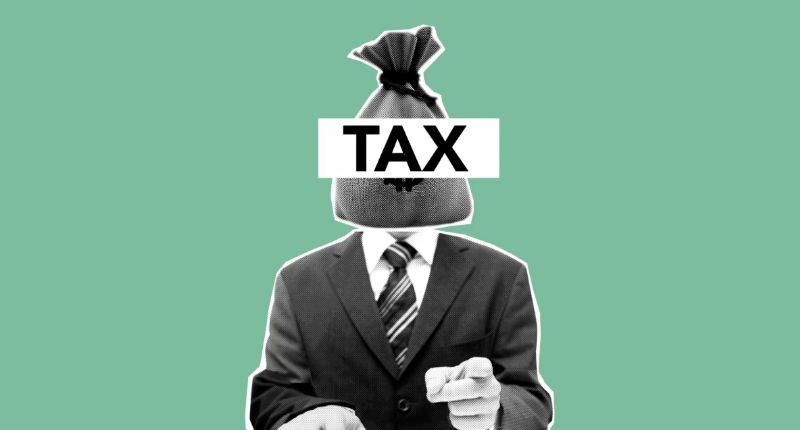- The newly announced land tax hikes designed to tackle Covid debt
- Tax hikes slammed by property industry bodies
- PIPA and PICA predict that the tax increases will turn investors away
Property industry bodies Property Investment Professionals of Australia (PIPA) and Property Investors Council of Australia (PICA) have released a joint statement panning the Victorian government’s recently announced land tax reforms included in the Victorian 2023/24 budget.
Landowners made to foot the Covid bill
Along with an increased tax on businesses, the land tax reforms were unveiled as part of the Victorian government’s efforts to tackle the $31.5 billion expenditure incurred by Covid pandemic spending. The changes will go into effect from 1 January 2024 and are expected to last till 30 June 2033.
After that, excluding family homes, the tax-free threshold for land tax rates will be lowered from $50,000 to $300,000. Landholdings between $50,000 and $100,000 will be subject to an additional annual fee of $500.
Landowners of properties worth $100,000 to $300,000 must pay $975 annually. Meanwhile, those owning properties worth $300,000 or more will have to pay taxes worth 0.1% of the land’s value on top of the $975 fixed charge.
The tax hike is estimated to affect 860,000 Victorian investors and assist the Victorian Labor government in recouping $4.7 billion in four years.
Property industry bodies respond
PIPA and PICA argue that the investor land tax increase will hurt aspirational and hardworking property owners the most.
According to their analysis, the policy will cost Victorian investors with land holdings of $1 million at least an additional $20,000 in land taxes over the coming decade — as the tax grows based on land values; this estimate will likely be conservative.

Calling the changes a ‘tax grab’, PIPA Chair Nicola McDougall believes that the tax hike is adapted from Queensland’s interstate land tax in 2022, which was shelved the same year it was implemented, and credited as a primary reason for Queensland investors leaving the market.
“It does seem like the Victorian Government has taken [a] … page out of the Queensland Government’s ill-fated and investor-focused land tax playbook from last year, and we all know how that worked out for them,” McDougall says.
Burdened with the newly announced tax hike on top of mortgage repayments substantially higher than rent increases over the past year, The PIPA Chair predicts that the policy will lead to large swathes of Victorian investors leaving the market.
“It beggars’ belief that at a time of record low vacancy rates, rising rents, and increasing overseas migration – many of whom will initially choose to live in Melbourne but may find nowhere to rent – that the Victorian Government would even consider implementing such a ridiculous policy.”

Echoing McDougall’s sentiments, PICA Chair Ben Kingsley anticipates that the land tax increase will drive rental prices upwards and end the same way as in Queensland—with investors leaving the market in substantial numbers.
“Victoria has the highest stamp duty of any state and territory in the country, so, this policy is like rubbing salt into a wound,” Kingsley said.
“Borderless investors will simply shop elsewhere where they are not being slugged by sky-high stamp duty and land tax, which will have a hugely detrimental impact on rental supply.”








